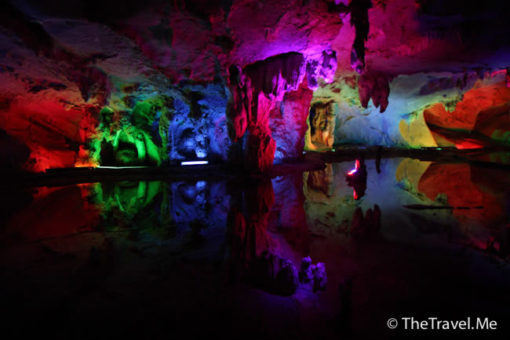
Lianzhou underground river
Lianzhou Underground River (Chinese: 連州地下河) is a typical subtropical karst cave in Lianzhou (連州), Guangdong (廣東), China. Since the cave mouth of Lianzhou Underground River is so big, it is also nicknamed ‘Big mouth cave’.

Lianzhou Underground River (Chinese: 連州地下河) is a typical subtropical karst cave in Lianzhou (連州), Guangdong (廣東), China. Since the cave mouth of Lianzhou Underground River is so big, it is also nicknamed ‘Big mouth cave’.
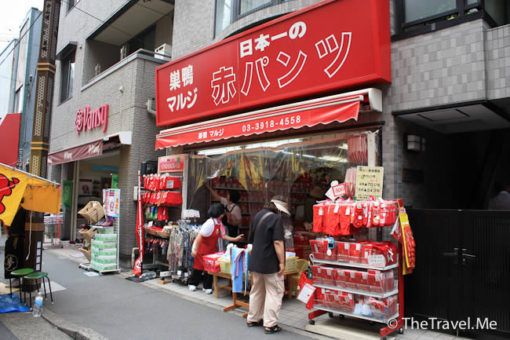
Sugamo (Japanese: 巣鴨) is a neighborhood in Toshima (豐島), Tokyo, Japan. Jizō-dōri (地蔵通り), a shopping street in Sugamo, is popular among the older generation, earning it the nickname ‘Granny's Harajuku.’
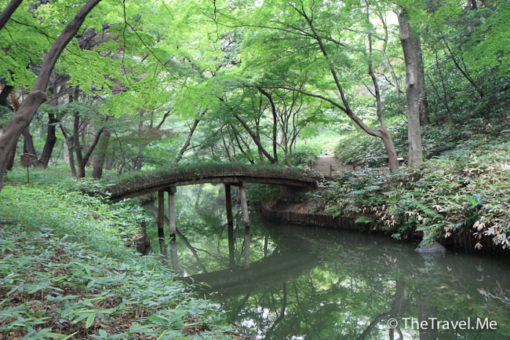
Rikugi-en (Japanese: 六義園) are a Tokyo metropolitan park in Bunkyō-ku (文京区). The name Rikugi-en means Garden of the Six Principles, referring to the six elements in waka poetry, based on the traditional division of Chinese poetry into six categories.

Kyū-Furukawa Garden (Japanese: 旧古河庭園) is a metropolitan park in Nishigahara (西原), Tokyo, Japan. The park includes an old western-style mansion with a rose garden, and a Japanese garden which were built in the early 20th century.

Zhuji Lane (Chinese:珠璣巷) is located in Nanxiong (南雄), Guangdong (廣東), China. Zhuji Lane has been a main commercial town since Tang Dynasty (唐; 618 to 907), it was the hub of the people of the central plains of China who migrated to Guandong.
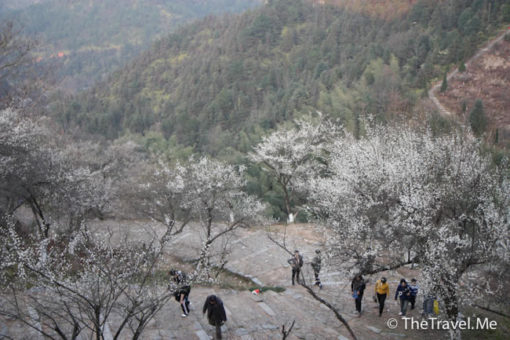
Mei Pass (Chinese: 梅關; literally 'Plum Pass') is a strategic site around 30 kilometres north of Nanxiong (南雄) in Guangdong (廣東), China. It is situated in the Meiling Mountains (梅嶺) and forms the boundary between the provinces of Jiangxi (江西) and Guangdong.
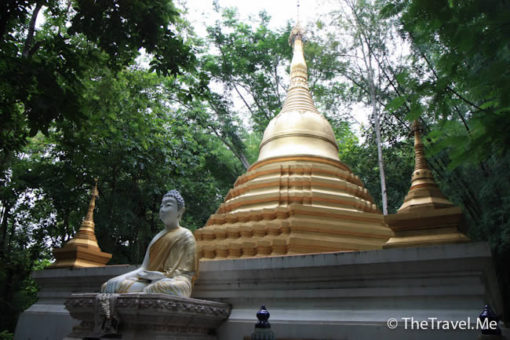
Mon (Mon: မန် or မည်) are one of the earliest ethnic group to reside in Southeast Asia, they do not have their only country, who mainly inhabit the southern Myanmar border with Thailand. There is a small ‘Mon Village’ next to a hotel in Kanchanaburi (กาญจนบุรี) Province, which can tell you a bit about this fading tribe.
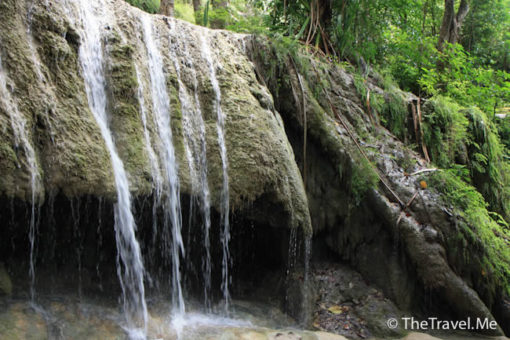
Erawan National Park (Thai: อุทยานแห่งชาติเอราวัณ) is located in western Thailand in the Tenasserim Hills of Kanchanaburi (กาญจนบุรี) Province. Founded in 1975, it was Thailand's 12th national park.
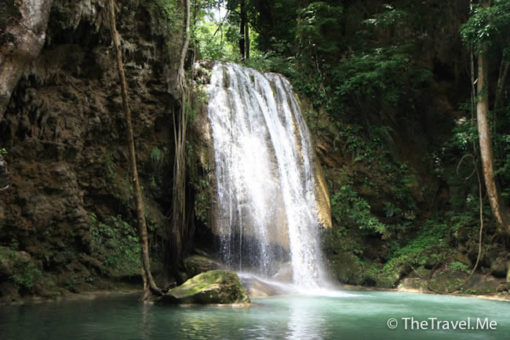
Erawan National Park (Thai: อุทยานแห่งชาติเอราวัณ) is a 550 square kilometers park in western Thailand in the Tenasserim Hills of Kanchanaburi (กาญจนบุรี) Province. The major attraction of the park is the waterfall, the seven-tiered waterfall extends almost 1 kilometer.
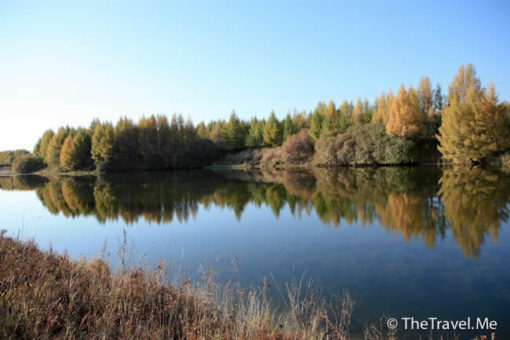
Saihanba (Chinese: 塞罕壩) is a national forest park located in Chengde, Hebei, China, with Inner Mongolian Plateau standing in the northwest. Saihanba is part of Bashang (壩上) geographically, it attracts many tourists due to its beautiful scenery.
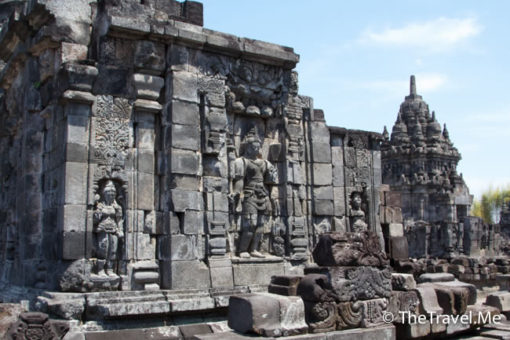
Candi Sewu is an eighth century Mahayana Buddhist temple located 800 metres north of Prambanan in Central Java, Indonesia. Candi Sewu is the second largest Buddhist temple complex in Indonesia right after Borobudur.
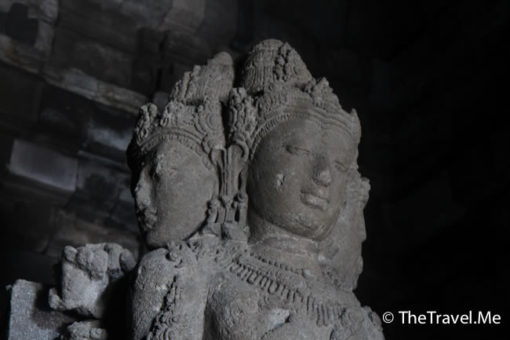
Prambanan is located in Central Java of Indonesia, There were once 240 temples standing in this Shivaite temple complex, either big or small. The majority of them have deteriorated; what is left are only scattered stones.

Prambanan is a Hindu temple compound in Central Java of Indonesia, the temple compound is located approximately 17 kilometres northeast of the city of Yogyakarta. There were once 240 temples standing in this temple complex, but only 8 main temples and 8 small shrines in the inner zone are reconstructed today.
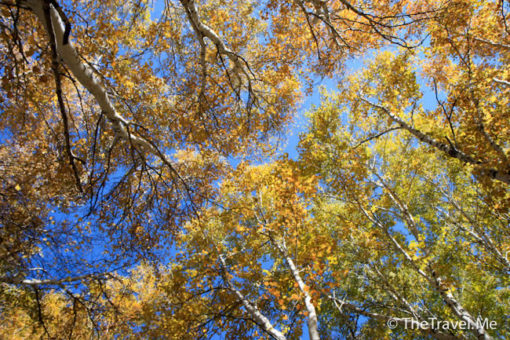
Ulan Butung (Mongolian: ᠤᠯᠠᠭᠠᠨ ᠪᠤᠲᠤᠩ; Chinese: 烏蘭布統) is a sumu in Chifeng (赤峰), Inner Mongolia, China. Sumu (ᠰᠤᠮᠤ) is a type of administrative district used in Mongolia. The white birch forest is one of the popular tourist attractions in Ulan Butung.

Ulan Butung (Mongolian: ᠤᠯᠠᠭᠠᠨ ᠪᠤᠲᠤᠩ; Chinese: 烏蘭布統) is located in Chifeng (赤峰), Inner Mongolia, China. The majority of the population in Ulan Butung are Mongols, Mongol is a nomadic tribe, herding is the most common scene.
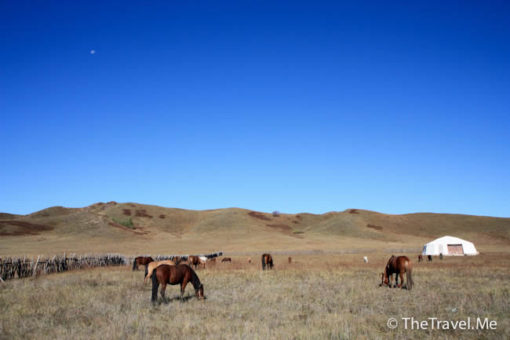
Ulan Butung (Mongolian: ᠤᠯᠠᠭᠠᠨ ᠪᠤᠲᠤᠩ; Chinese: 烏蘭布統) is located in Chifeng (赤峰), Inner Mongolia, China. In 1690 the Battle of Ulan Butung between Qing and Dzungar forces took place in Ulan Butung, there was blood behind such an idyllic scene.
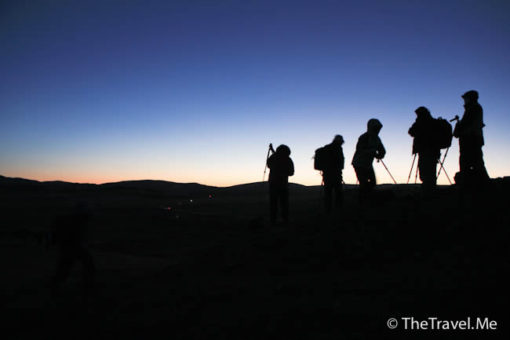
Ulan Butung (Mongolian: ᠤᠯᠠᠭᠠᠨ ᠪᠤᠲᠤᠩ; Chinese: 烏蘭布統) is a sumu (ᠰᠤᠮᠤ) of Inner Mongolia, China. In Mongolian, ‘Ulan’ means ‘red’, while ‘Butung’ means ‘altar’, so Ulan Butung actually means ‘red altar’.
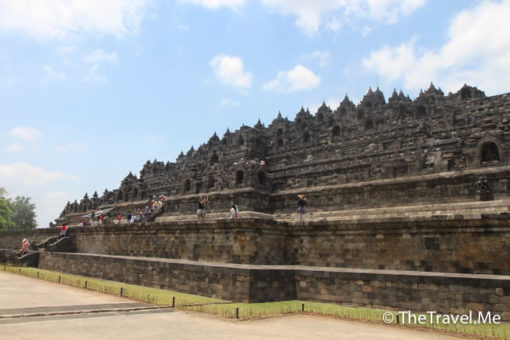
Borobudur (Javanese: ꦕꦤ꧀ꦣꦶꦧꦫꦧꦸꦣꦸꦂ) is a 9th-century Mahayana Buddhist temple in Central Java, Indonesia. The temple lay hidden for nearly a thousand years under layers of volcanic ash and jungle growth, worldwide knowledge of its existence was sparked in the 19th century, but many mysteries still remained.
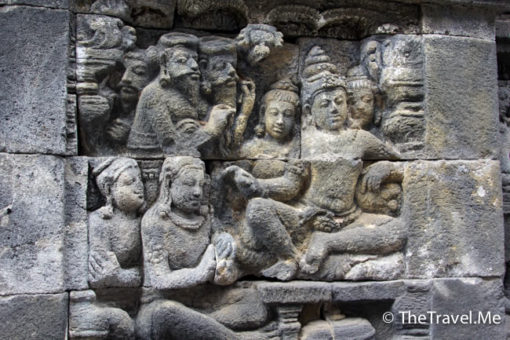
Borobudur (Javanese: ꦕꦤ꧀ꦣꦶꦧꦫꦧꦸꦣꦸꦂ) is a 9th-century Mahayana Buddhist temple in Central Java, Indonesia. Borobudur is about 40km from the town of Yogyakarta, it is the single most visited tourist attraction in Indonesia, and also the world's largest Buddhist temple.
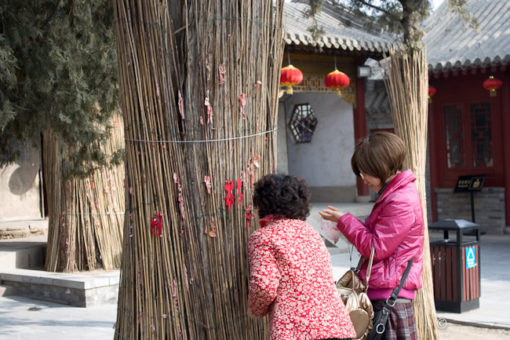
Fuxi Temple (Chinese: 伏羲廟) is located in Tianshui (天水), Gansu (甘肅), China. It was the 14th day of the first month in the lunar calendar when Choumeizai visited there, the locals were still celebrating lunar new year.